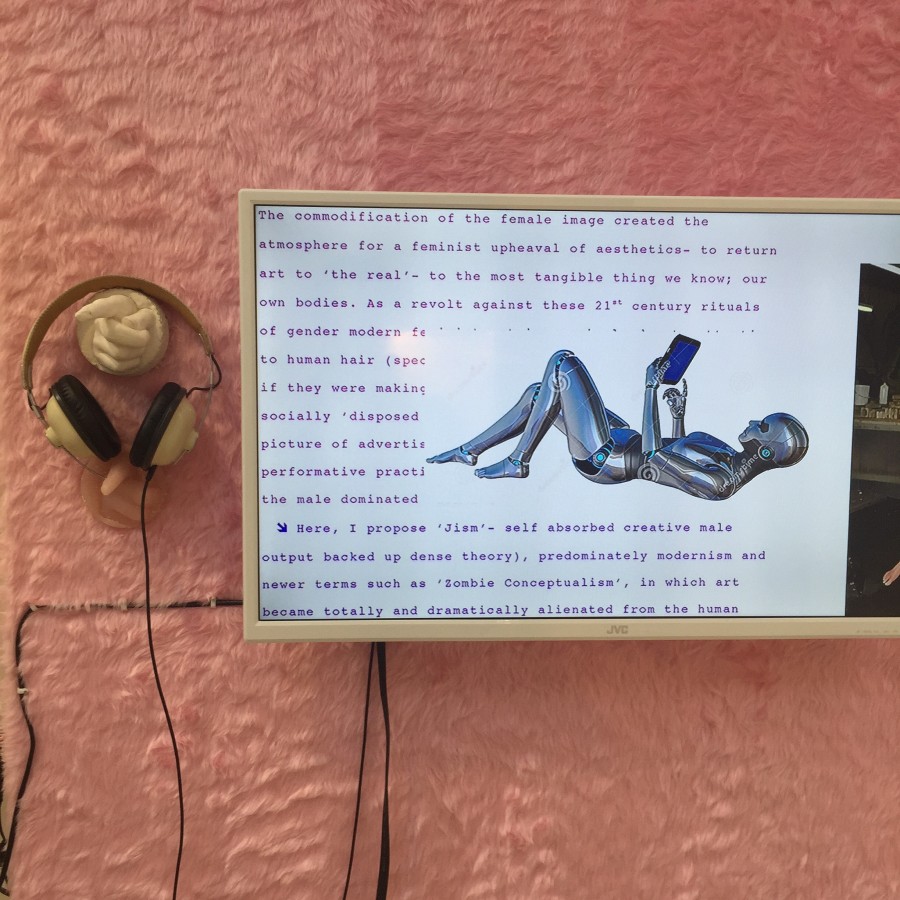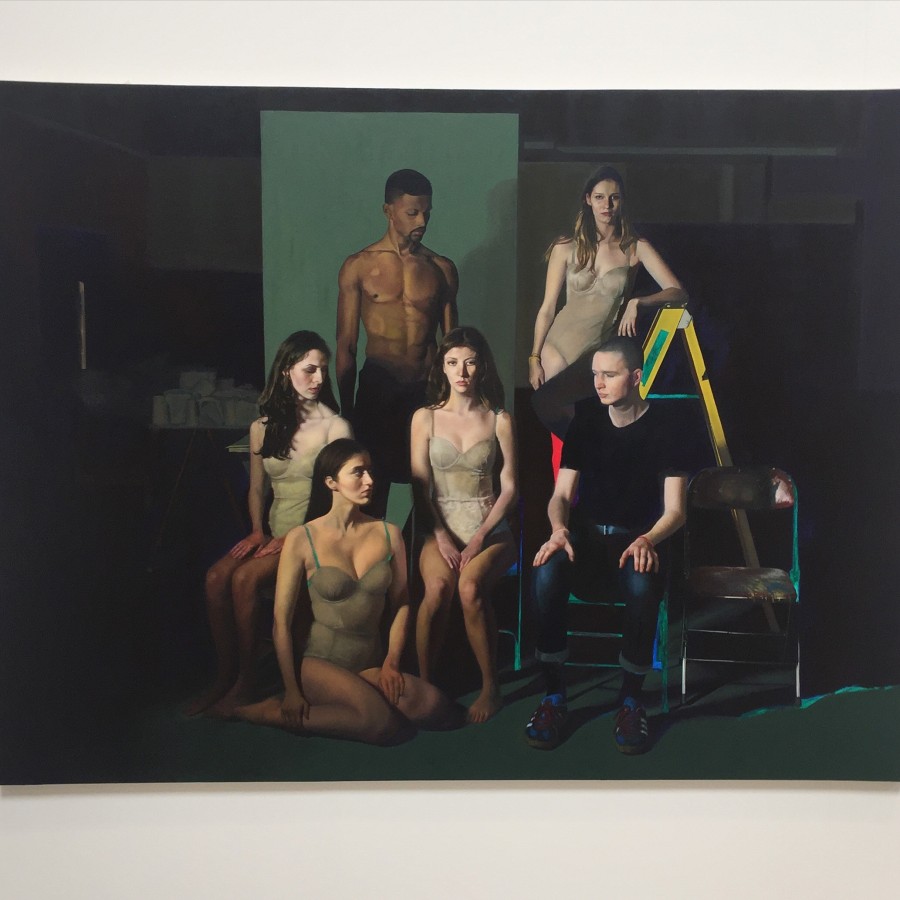I read less than I used to. This is not through design, and is not indicative of a loss of interest, or a loss of passion. As a literature student in English and French, I love books, and all forms of narrative fiction. Rather, I have simply been busy. This is not due to work; prelims have long since passed, heralding with them the end of term and the beginning of relative independence. It is not even due to sleeping, which second to reading should be the favourite hobby of the committed literature student. Instead, I have been playing video games.
The rhetoric surrounding this under-rated art form is a simple one. Video games kill brain cells. Video games lead to violent crime. Video games are corrupting our young. All of these charges have been levelled at video games – but also at rock music, novels and film before them. Indeed, the latter medium provoked genuine fear and consternation on the viewing of ‘L’arrivée d’un train en gare de La Ciotat’ in January 1896, the famous early clip in which cinema viewers are reported to have fled the screen as the train enters their field of vision. As with many new advances, there is a habitual fear of the misunderstood.
That is the issue at the heart of the matter – a vicious clash between reactionary social conservatism and legitimate art. Consider the skill of the artists involved in Campo Santo’s Firewatch (2016), employing a spectacularly simple blend of naturalistic landscapes and minimalistic poster art to forge a unique stylistic background to a deftly handled emotional narrative. Consider the team of writers needed to craft the story, side-stories, lore and dialogue of vast role playing games such as Skyrim (2011) Grand Theft Auto V (2013) and The Witcher III (2015). Consider the powerful performance capture of industry veterans such as Ashley Johnson, Nolan North, Emily Rose and Troy Baker in Naughty Dog’s epic narratives The Last of Us (2013) and Uncharted 4 (2016). It goes without saying that video games are art – anyone who claims otherwise demonstrates not a lack of understanding of the medium, but of art itself.
But the claim goes further. Even if video games’ artistic value is begrudgingly accepted, social conservatives would have you believe that video games, for all of their cultural and financial heft, are not true art, because art and mainstream relevance are incompatible. Not so. E3, a weekend of presentations, live demos and marketing which drew in 950,000 views during just the preamble, alongside 21 million streams on livestreaming site Twitch in total, is the ultimate debunker of this fallacy. Whereas in the past, companies such as Sony, Microsoft et al would rely on celebrity cameos, comedy sketches and tedious gimmicks to cater to the ever-growing crowds, those at the pinnacle of this growing form now realise that, with a pre-built audience, gamers want to see new experiences, not buzz words and stage tomfoolery.
Indeed, while developers Bethesda and Ubisoft, heavyweight giants in the gaming world, showed off impressive projects with slick presentations, and while Microsoft’s gambit of showing off new hardware, equipment and software largely paid off more readily than in the past, Sony’s press conference was nearly flawless, almost devoid of speech apart from a heartfelt tribute to the victims of the attack on the LGBTQI+ community in Orlando, and a handful of linking segments. Other than that, the trailers and demos themselves did the talking, in a presentation which fully embraced the new minimalism of video game marketing: the medium itself no longer needs to be sold; instead, it is time to present new narratives.
And that is the most marked shift. Whereas before, gameplay, graphics and gimmicks were the order of the day at E3, it is now storytelling which is at the forefront of Sony’s output, surely already furthering their status as industry leaders as the sales of the PS4 system and the cheers for a quieter, more considered Kratos, the newly nuanced protagonist of the God of War series testify. Just follow the trajectory of Kratos as a character and as a cultural icon: whereas a decade ago a player would engage in brutal bloodletting and sex mini-games as facilitated by a barebones story, now Kratos is grounded by a son. As the official description put it, “This game is about Kratos teaching his son how to be a god, and the kid teaching Kratos how to be human again”, a theme expounded by Christopher Judge, the new voice of Kratos: “how can you be a father when you have never been fathered?”
Just as Kratos has been humanised, so have video games, to such an extent where the term itself no longer befits the gamut of emotional and narrative depth accessible by the medium. I would propound the term ‘interactive narratives’ – it’s time that we proudly reclaimed such experiences, and began to give them the treatment that any art deserves: namely scholarly debate, critical analysis, and a recognition of their craft and scope.
It’s been a long time coming, but perhaps we are finally on the precipice of adding to our range of writings on prose, poetry, theatre and film. The revolution will be live-streamed. Press X to start.





 One video installation which stood out in particular was Lu Williams’ Scum Channel — a video installation which combined a thought-provoking exploration on female representation within a tactfully kitsch setting. In deploying figures that were uncanny and almost unsettling, one couldn’t help but remain engrossed at the questioning of paradigms that are increasingly being challenged.
One video installation which stood out in particular was Lu Williams’ Scum Channel — a video installation which combined a thought-provoking exploration on female representation within a tactfully kitsch setting. In deploying figures that were uncanny and almost unsettling, one couldn’t help but remain engrossed at the questioning of paradigms that are increasingly being challenged.